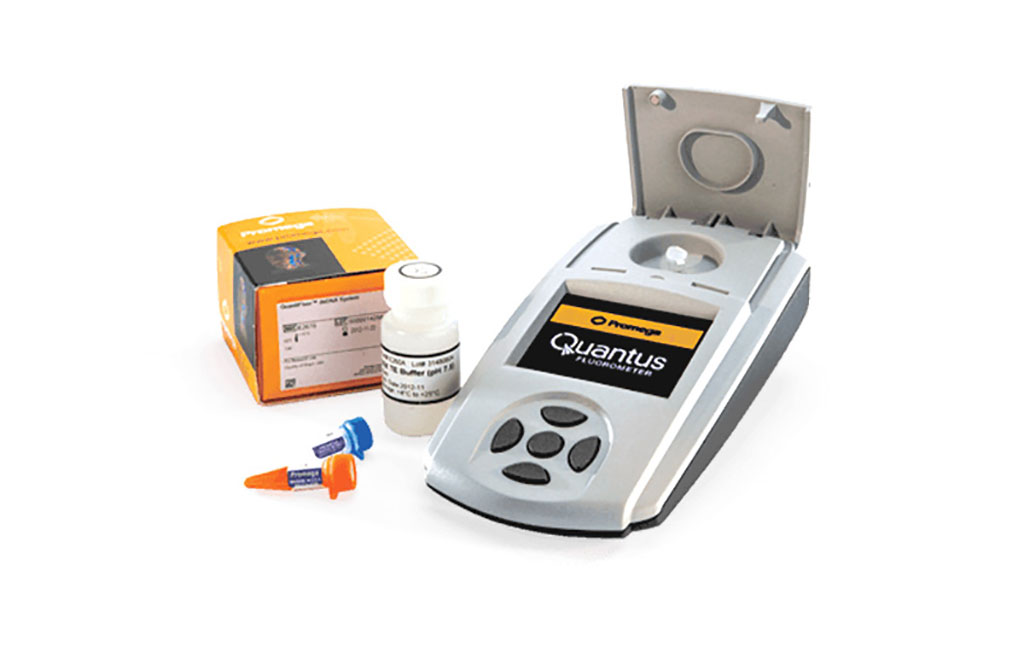Intestinal Microbiota Determines the Risk of MDRO Acquisition
Posted on 10 Feb 2022
Colonization and infection by multidrug-resistant organisms (MDRO) remains a public health problem. This is particularly important in intensive care units (ICUs) where the risk of MDRO acquisition/colonization results from the selective pressure associated with prolonged broad-spectrum antibiotic treatment.
Control initiatives consist in detecting patients at high risk of MDRO acquisition, implementation of antibiotic stewardship programs, epidemiological surveillance to detect MDRO intestinal carriage, microbiological tests to rapidly identify MDRO and use of effective measures to reduce their nosocomial transmission.

Clinical Microbiologists at the Hospital Clínic de Barcelona (Barcelona, Spain) conducted a prospective study including patients admitted to a 12-bed ICU between July-December 2018. Rectal swabs to detect MDRO intestinal colonization were obtained at ICU admission and weekly thereafter during ICU-stay. Patients were classified into three groups according to MDRO colonization status. Control group included patients who were not colonized by MDROs at ICU admission and did not get colonized during ICU stay.
The team extracted DNA using the PureLink Microbiome DNA Purification kit (Invitrogen, Carlsbad, MA, USA) and quantified using Quantus Flurometer (Promega, Madison, WI, USA). The 16S rRNA gene sequencing was performed on 138 rectal swabs from 62 patients using the sequenced using Illumina MiSeq platform (Illumina, San Diego, CA, USA). After sequence filtering and sample rarefaction alpha and beta diversity indices were obtained using QIIME2 and statistical analyses were performed.
The investigators reported that of the patients studied, 19/62 (30.65%) presented MDRO colonization at admission, 16/62 (25.81%) were colonized during stay and 27/62 (43.55%) were not colonized; 45/62 (72.58%) developed an infection and mortality was 29.03%. Higher bacterial diversity and abundance of Bacillales Family XI incertae sedis and Prevotella families were associated with lower risk of colonization by MDRO, infection and death while Enterococcaceae family was associated with increased risk of infection and death. The lasso regression and the multivariate analysis identified Family XI incertae sedis to be associated with lower risk of infection (OR=0.997) and microbial evenness index to be associated with lower mortality (OR=0.68) risk.
The authors concluded that microbial diversity and abundance of certain bacterial taxa could have prognostic value in patients admitted to a critical care unit. Larger perspective studies should address the value of these markers in clinical practice. The study was published on January 19, 2022 in the journal Clinical Microbiology and Infection.
Related Links:
Hospital Clínic de Barcelona
Invitrogen
Promega
Illumina













